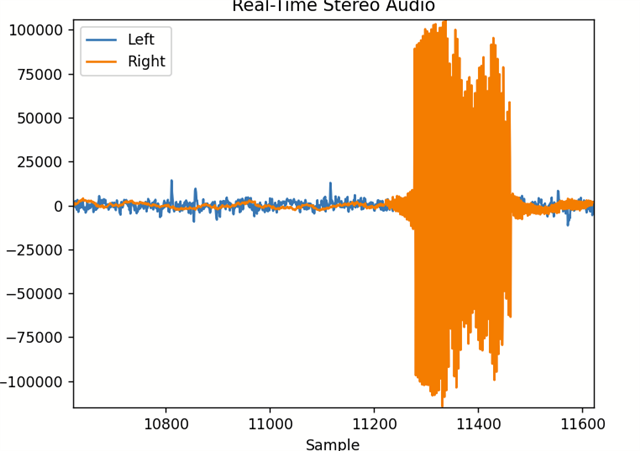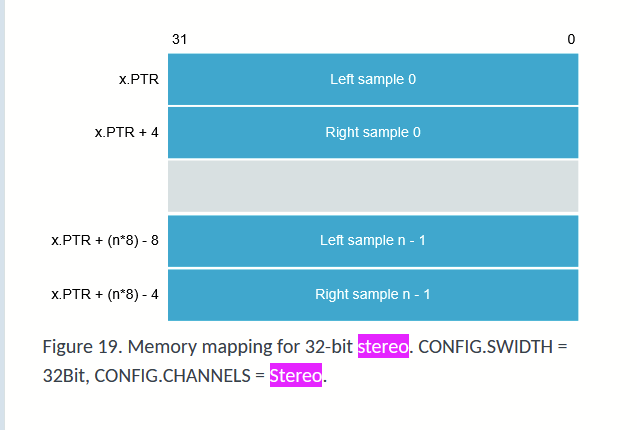Hi!
I cannot get I2S echo sample to work on nrf54L15. Tried following overlay
&pinctrl {
i2s20_default: i2s20_default {
group1 {
psels = <NRF_PSEL(I2S_SDIN, 1, 14)>,
<NRF_PSEL(I2S_LRCK_M, 2, 7)>,
<NRF_PSEL(I2S_SCK_M, 2, 9)>;
};
};
};
i2s_rxtx: &i2s20 {
status = "okay";
pinctrl-0 = <&i2s20_default>;
pinctrl-names = "default";
};
build configuration nrf54l15pdk_nrf54l15_cpuapp
I verified with oscilloscope that no clock is modulated or wordselect switched. What might be the problem?
Is the i2s driver mature on nrf54 series / something new that has to be done?




